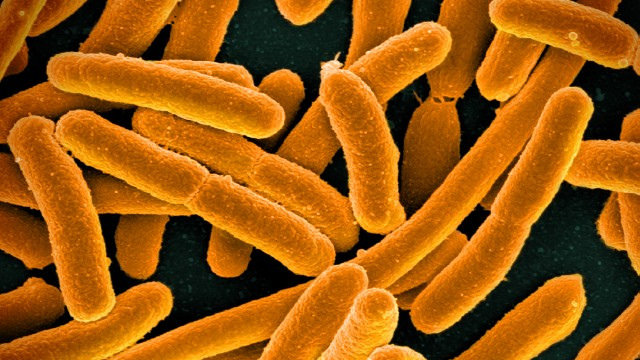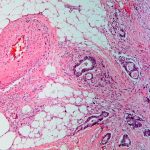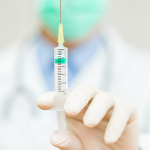
The effects of these changes are unclear, but are not necessarily harmful, notes study coauthor Peer Bork of EMBL. “This shift in the composition of our gut bacteria contributes to drug side-effects,” he says in a statement, “but might also be part of the drugs’ beneficial action.”
The researchers also found a connection between bacterial species that were unaffected by the tested therapies and species that were resistant to antibiotics, raising the possibility that non-antibiotic drugs could contribute to antibiotic resistance. “Antibiotic resistance emergence is quite a big health risk at the moment worldwide,” study coauthor Kiran Patil of EMBL tells The Guardian. “I think aspects that could contribute to this emergence should be looked at very seriously.”
In the meantime, the study highlights the extent to which many medications can influence the human microbiome, John Cryan, a neuropharmacologist at University College Cork in Ireland who was not involved in the study, tells The Guardian. “Moving forward,” he says, “we cannot ignore the microbiome when we talk about drug action in the body.”











RSS